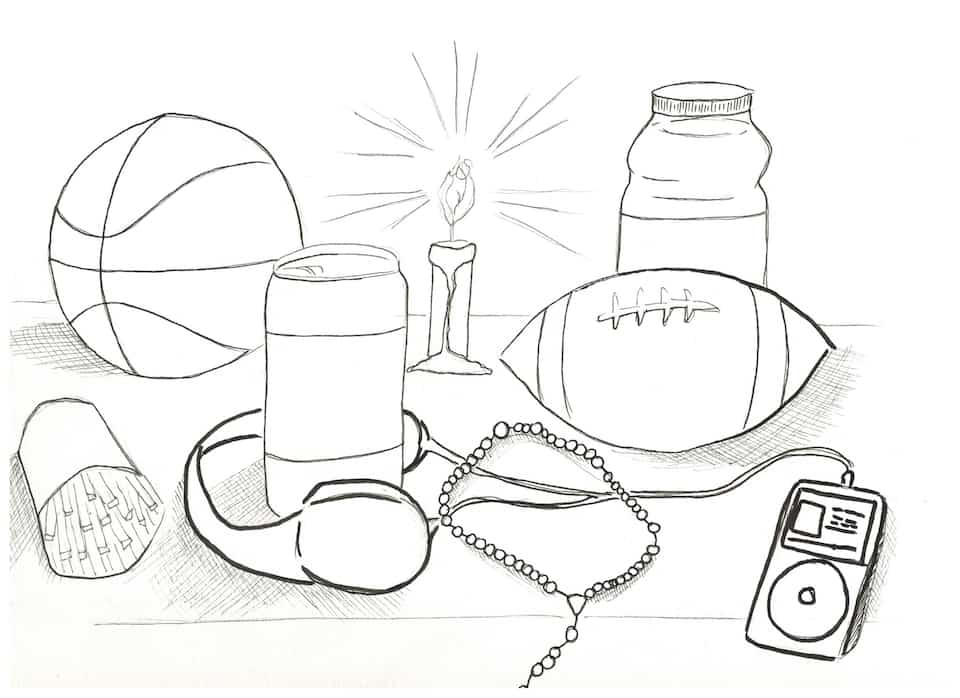Ever notice when hockey players in the playoffs grow their beards until their team is eliminated? Or how many teams refuse to touch the trophies awarded to the conference champions? Do these kinds of rituals and traditions actually make a difference on game day?
Many of these habits can seem bizarre and even embarrassing. Yet for many players, these rituals play a large role in their success on the field.
In sports, a ritual is a certain action that an athlete performs because they believe it has the power to influence their game in a positive way. These behaviours range from wearing certain clothes, to eating certain foods, to listening to particular music during pre-game warm up.
The superstition surrounding rituals arise almost accidentally: an athlete has an exceptional performance and then tries to determine which of their actions could have been the cause of their success.
Often, the things that stick out during these post-game evaluations are the little things; what they wore, what they ate, a song they heard, a conversation they had, or even the order in which they did these things.
Hall of Fame NHL goaltender Ken Dryden opens up about some of his own superstitions in his book The Game. Dryden’s personal rituals range from nodding at a particular Montreal Forum usherette before home games, to shooting a puck off a certain part of the boards at the start of pre-game warm ups.
“I don’t tell anyone about them, I’m not proud I have them. I know I should be strong enough to decide one morning, any morning, no longer to be a prisoner to them. Yet, I seem helpless to do anything about,” Dryden says.
He isn’t the only NHL superstar who engages in specific rituals before a game. Sidney Crosby, the Pittsburgh Penguins’ two-time MVP, wears one sweat-stained hat per season after games and practices putting his equipment on always in the exact same order (right-to-left).
Corey Perry, the star winger of the Anaheim Ducks, has a specific eight-step ritual he performs before every game, which includes twirling his stick a certain way and tapping the ice before going into the locker room to put his pads on.
George Gmelch, a professor of anthropology at the University of San Francisco who has studied superstition in baseball for decades, says that superstition is very commonly found in areas where there tends to be a lot of uncertainty, where new competition brings new obstacles to overcome.
Gmelch says, “What they’re really doing is giving themselves confidence. If I do these little rituals, then I’m gonna feel confident going into this activity, and I can succeed and do well.”
This notion of self-efficacy — a person’s belief in one’s ability to succeed in specific situations — has been found to result in real world increased performance. A 2010 article published in Psychological Science discusses a number of experiments that researchers used to prove how good-luck rituals improved performance in sports. The performance benefits gained from the good-luck rituals were found to be a result of increased confidence.
Although athletes understand that wearing a sweaty hat or growing a beard doesn’t actually affect the outcome of a game, the idea that these rituals could possibly affect their performance, or give them some good luck, is enough to convince them to do it anyway.
When it comes down to it, athletes have nothing to lose by engaging in quirky pre-game rituals, so why take the risk and ditch the old smelly hat?


